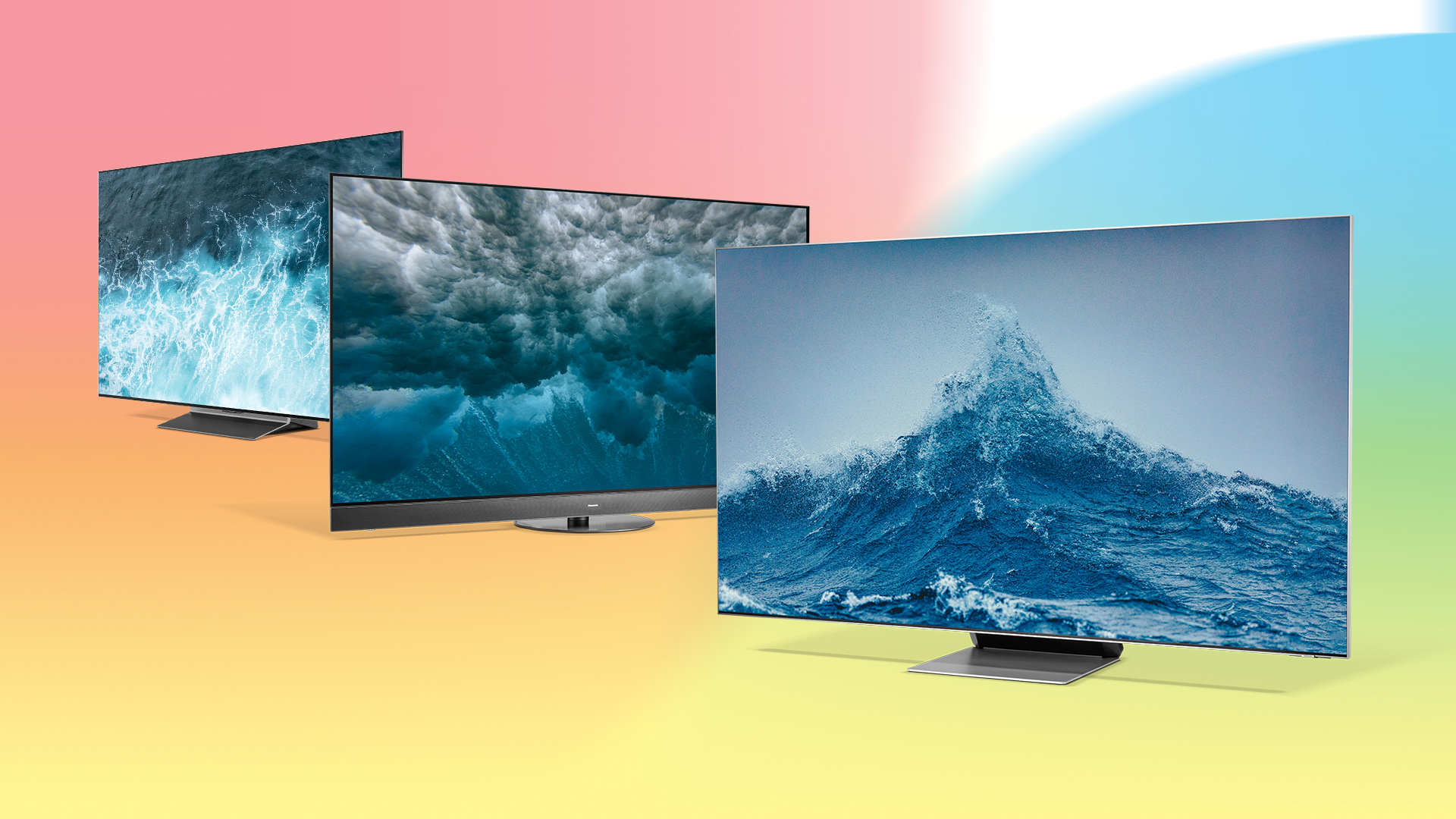With the rapid advancement of display technology, 4K TVs have become the new standard for immersive entertainment. The crisp, vibrant visuals and enhanced detail of a 4K resolution display elevate your viewing experience to new heights. However, selecting the right 4K TV can be a daunting task, given the multitude of options available. In this comprehensive guide, we will walk you through the key factors to consider when choosing a high-quality 4K TV for your entertainment setup.

1. Display Technology:
There are two primary display technologies used in 4K TVs: LCD (Liquid Crystal Display) and OLED (Organic Light-Emitting Diode). LCD TVs offer excellent brightness and are generally more affordable, while OLED TVs provide superior contrast, deep blacks, and wider viewing angles. Consider your priorities, such as color accuracy, contrast ratio, and viewing angles, to determine which display technology best suits your preferences.
2. Screen Size and Viewing Distance:
Screen size plays a crucial role in your viewing experience. Consider the dimensions of your room and the optimal viewing distance to determine the appropriate screen size. As a general guideline, a larger screen size is recommended for a more immersive experience, but ensure that it is proportionate to the viewing distance to avoid strain or loss of detail.
3. HDR (High Dynamic Range):
HDR technology enhances the contrast and color accuracy of a 4K TV, resulting in more vibrant and lifelike visuals. Look for a 4K TV that supports HDR formats such as HDR10, Dolby Vision, or HLG (Hybrid Log-Gamma) to ensure compatibility with HDR content from streaming services, Blu-ray discs, and gaming consoles.
4. Refresh Rate and Response Time:
The refresh rate determines how smoothly motion is displayed on the screen, while the response time affects how quickly the pixels can change colors. Look for a 4K TV with a high refresh rate (typically 120Hz) and a low response time to minimize motion blur and ghosting, particularly for fast-paced content like sports or action movies.
5. Smart Features and Connectivity:
Consider the smart features and connectivity options of the 4K TV. Smart TVs allow you to stream content from popular services like Netflix, Hulu, and Amazon Prime Video. Look for a TV with a user-friendly interface, a wide selection of apps, and built-in Wi-Fi for seamless connectivity. Additionally, assess the availability of HDMI ports, USB ports, and other inputs/outputs to ensure compatibility with your devices.
6. Audio Quality:
While the visual experience is crucial, don’t overlook the importance of audio quality. Evaluate the built-in speakers of the 4K TV and consider options with technologies like Dolby Atmos or DTS to enhance your audio immersion. Alternatively, you can connect the TV to an external sound system or soundbar for a more immersive and theater-like experience.
7. Price and Brand Reputation:
Set a budget for your 4K TV purchase and consider the value provided by different models. Research and compare prices, customer reviews, and brand reputation to ensure you choose a reliable and reputable brand known for quality and customer support. Remember that investing in a high-quality 4K TV can offer a superior viewing experience and longevity.
Conclusion:
Choosing a high-quality 4K TV requires careful consideration of display technology, screen size, HDR support, refresh rate, response time, smart features, audio quality, and price. By understanding these key factors and aligning them with your viewing preferences, you can select the perfect 4K TV for your entertainment setup. Take your time, compare options, and read expert reviews to make an informed decision. With a high-quality 4K TV, you’ll be